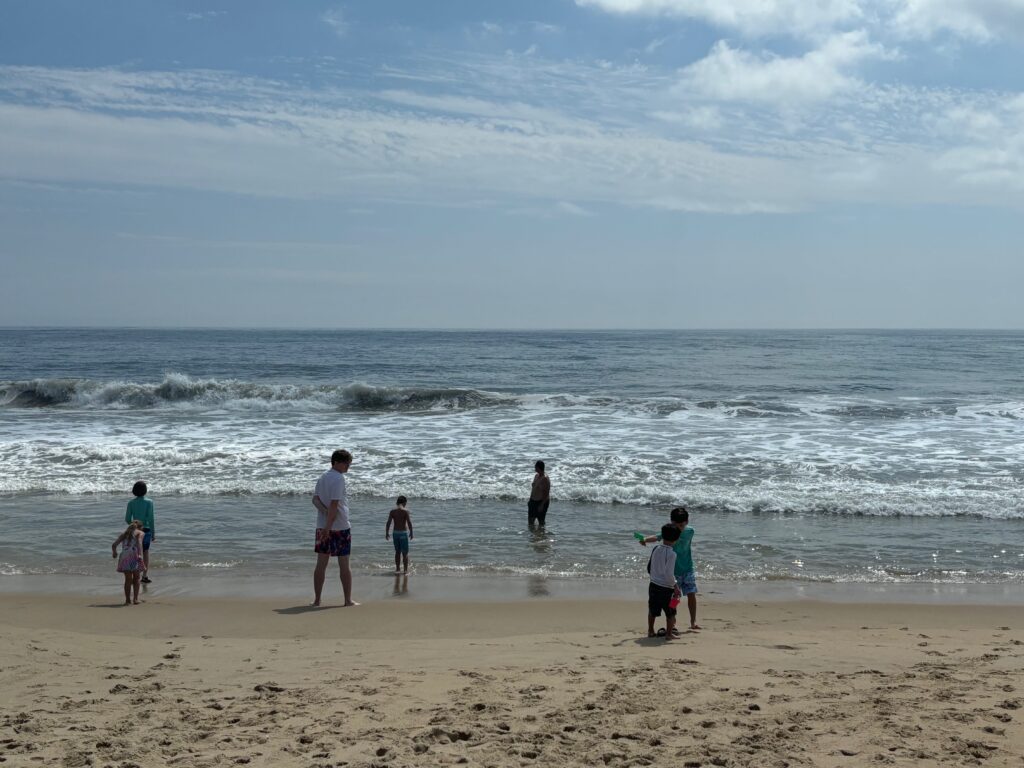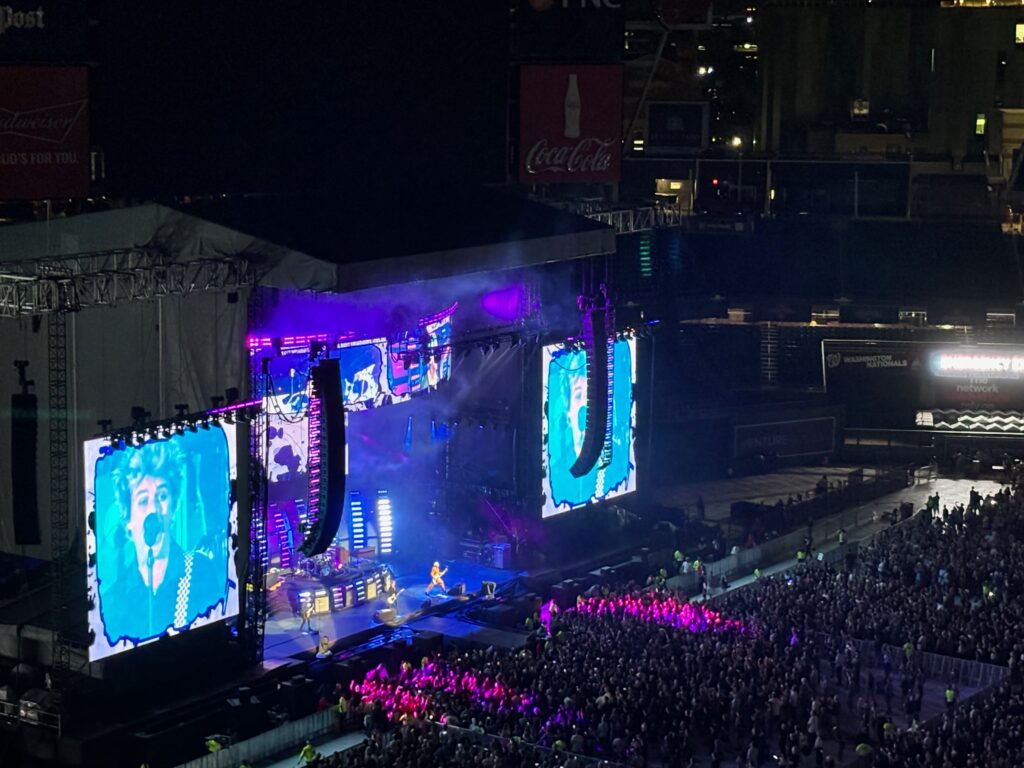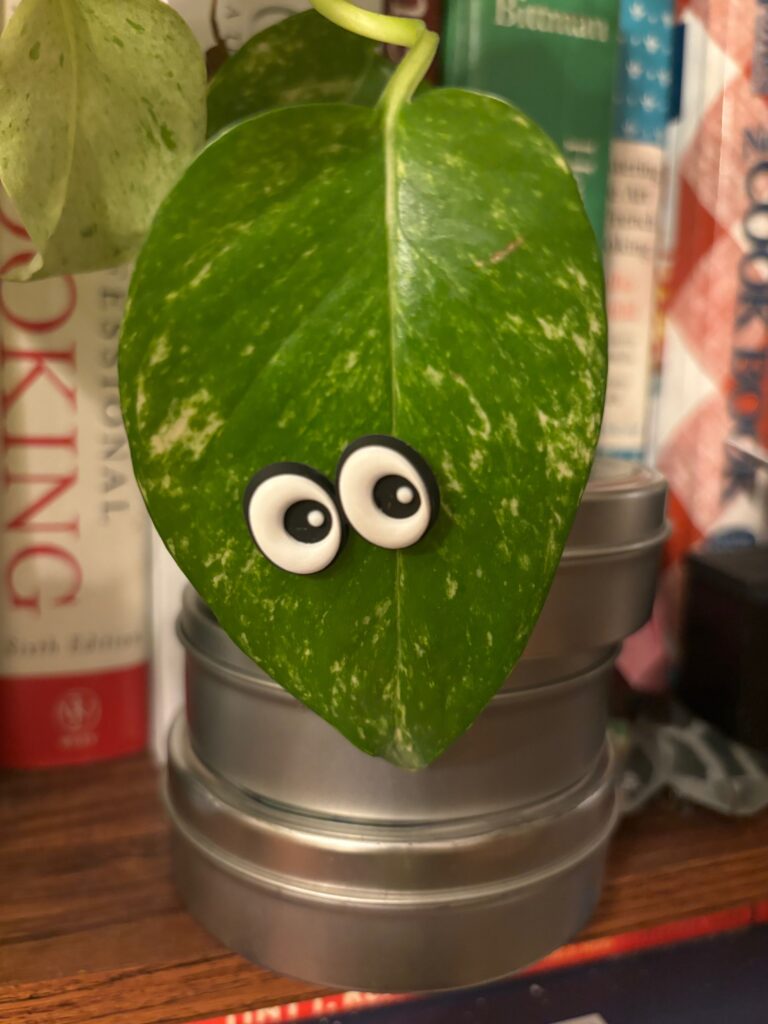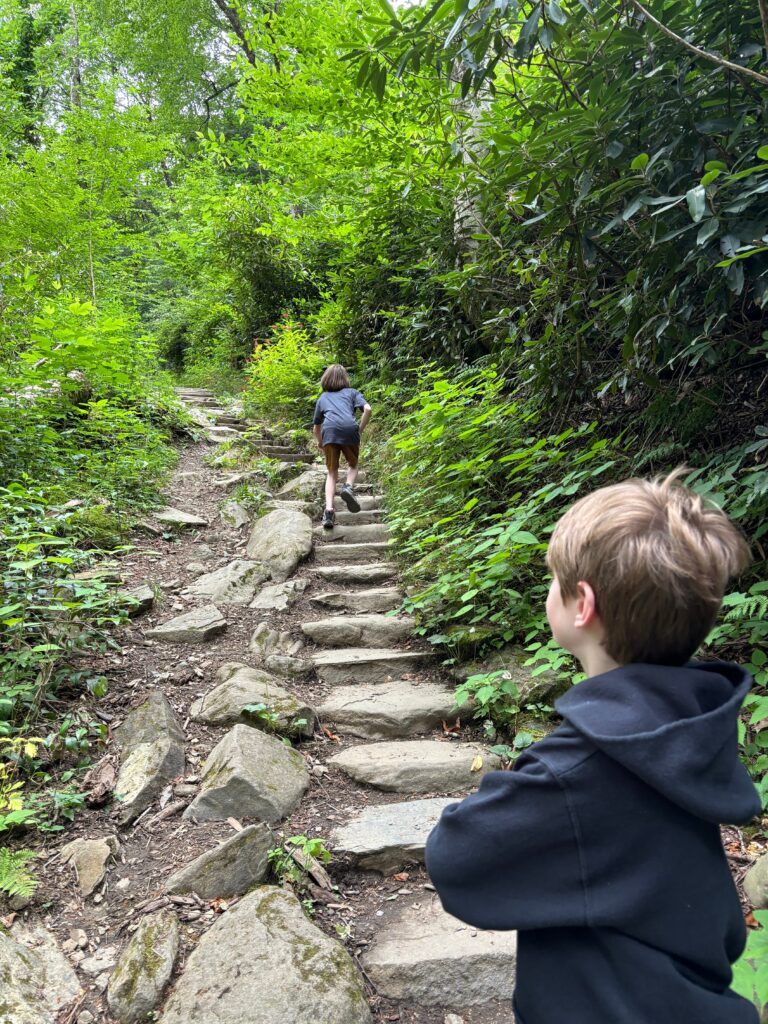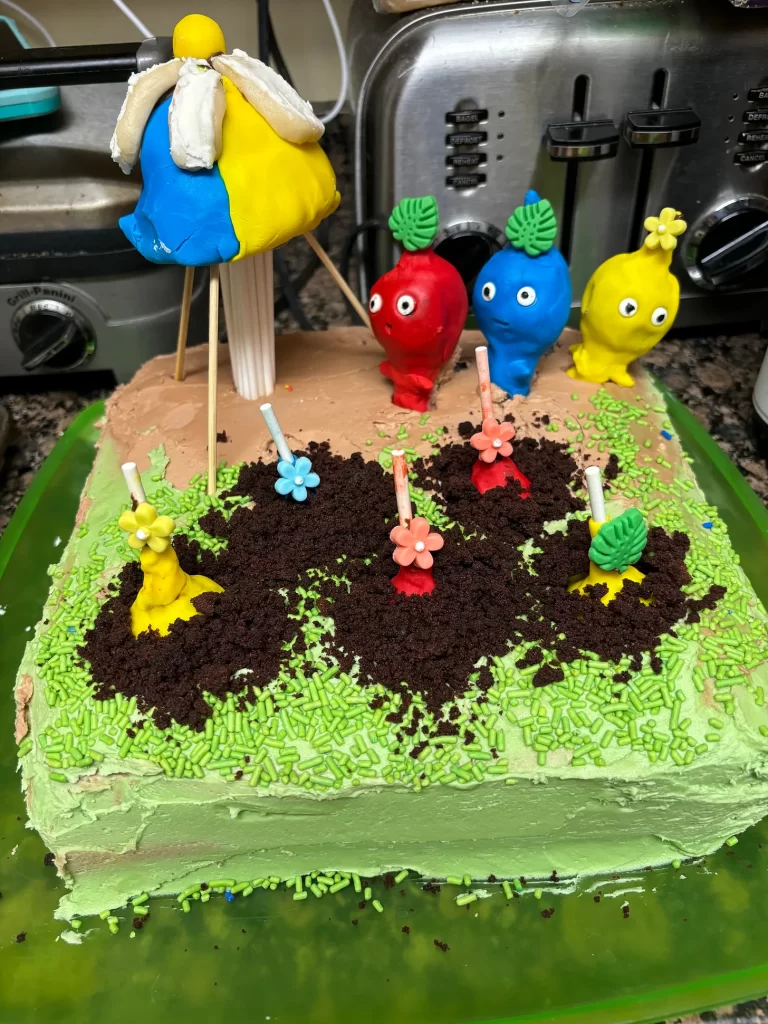
“We take the backpack during each other’s weak part,” my husband said to me as we were finishing the second half of a hike. He was referring to the fact that I carried the backpack with the water and food on the uphills, where he struggles, and he carried it on the downhills that stress out my fussy knees. I hadn’t even thought of it that way, but that’s exactly what we were doing that day. In fact, that’s what we do through so much of our lives, both for each other and those around us.
My husband and I have been married for 18 years and together for 24. We’re both neurodivergent and have executive function challenges. I joke that if you put us together, you may get one person’s worth of executive function. He has social anxiety, but is charming. I am kind of fearless, but often don’t make a good first impression socially. He’s hilarious with the kids, while I tend to be more emotional. We complement each other well.
Continue reading